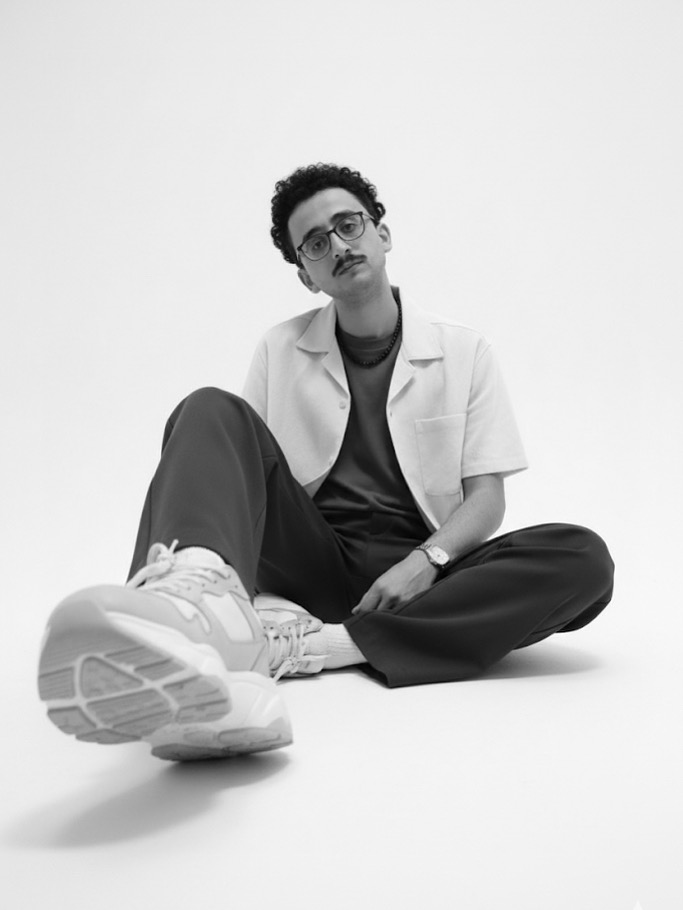We’re looking forward to introducing you to REDA EL AZAMI. Check out our conversation below.
REDA, it’s always a pleasure to learn from you and your journey. Let’s start with a bit of a warmup: What are you being called to do now, that you may have been afraid of before?
I think what I’m being called to do now is to speak more boldly through my art — to reveal the invisible layers of human emotion, memory, and silence. For a long time, I was afraid of exposing my own vulnerability in my creations, of allowing my personal experiences to shape my artistic language.
But now, I feel a deep need to embrace that fear — to use it as material, not as a barrier. Whether it’s through theatre, cultural mediation, or visual storytelling, I want to create spaces where fragility and truth coexist. I believe that’s where real art begins: in the courage to be seen as we are, not as we’re expected to be.
Can you briefly introduce yourself and share what makes you or your brand unique?
Reda El Azami:
I’m a Moroccan cultural mediator, theatre director, and storyteller from Tangier. My work lives somewhere between art and community — I create, teach, and accompany others in using artistic expression as a bridge between people and ideas.
I’m part of the Fondation Ali Zaoua, where I coordinate and animate cultural projects that make art accessible to everyone, especially young people in underrepresented neighborhoods. At the same time, I direct and write for Troupe Les Étoiles du Détroit, a theatre group that explores absurdist and poetic forms of storytelling deeply rooted in Moroccan realities.
What makes my path unique, I think, is the dialogue between the poetic and the social — I see theatre not just as a stage, but as a space of healing, questioning, and transformation.
After directing Viens-hier! and Cherophobia, I’m now working on The Last Man on Earth, the third part of my trilogy “Thanato-trilogy-s”, which explores the relationship between love, memory, and death through surreal and symbolic forms of expression. For me, creation is an act of listening — to silence, to emotion, and to the invisible threads that connect us all.
Appreciate your sharing that. Let’s talk about your life, growing up and some of topics and learnings around that. Who saw you clearly before you could see yourself?
Without any doubt, M. Fayçal Ziza — the one and only friend and colleague who truly saw me before I could see myself. He believed in my potential long before I understood what I was capable of. He opened the first doors, challenged my fears, and gently pushed me into the artistic and cultural journey that became my life.
I also owe so much to my family, especially my mother, whose quiet strength and love have always been my anchor. And to all the friends who believed in me, walked beside me, and shared this path — they helped me realize that creation is never a solitary act. It’s a collective heartbeat.
What’s something you changed your mind about after failing hard?
I changed my mind about what failure actually means. For a long time, I saw it as a sign that I wasn’t ready or not good enough, something to hide or to recover from quickly. But over time, I learned that failure is not the opposite of growth; it is the process of growth.
In theatre, in cultural projects, and in life, things rarely go exactly as planned. I used to take that personally. Now, I see every failure as a rehearsal, a necessary scene in the larger story. It taught me patience, humility, and the courage to rebuild with more truth.
Sure, so let’s go deeper into your values and how you think. What’s a belief or project you’re committed to, no matter how long it takes?
I’m deeply committed to completing my theatrical trilogy, “Thanato-trilogy-s.” It’s a long and evolving journey that explores the relationship between love, memory, and death, three forces that define what it means to be human.
The trilogy began with Cherophobia andViens-hier! and I’m now working on its final part, The Last Man on Earth. It’s not just a creative project for me; it’s a spiritual one. I see it as a mirror of my own evolution, as an artist, but also as a person trying to understand the beauty and fragility of existence.
No matter how long it takes, I’ll keep working on it until it feels complete, honest, and alive.
Before we go, we’d love to hear your thoughts on some longer-run, legacy type questions. What will you regret not doing?
I think I would regret not daring enough, not taking the artistic and human risks that truly matter. If one day I look back and realize I chose comfort over creation, silence over expression, I would feel I missed the point of why I do all this.
I would also regret not giving more space to the people and stories that shaped me, the forgotten voices, the children I’ve worked with, the quiet souls I’ve met through theatre and cultural work. They are the real heartbeat behind what I create.
In the end, I would regret not living fully through my art, not using it to leave something honest behind.
Contact Info:
- Instagram: https://www.instagram.com/elazami.reda/
- Linkedin: https://www.linkedin.com/in/elazamireda/
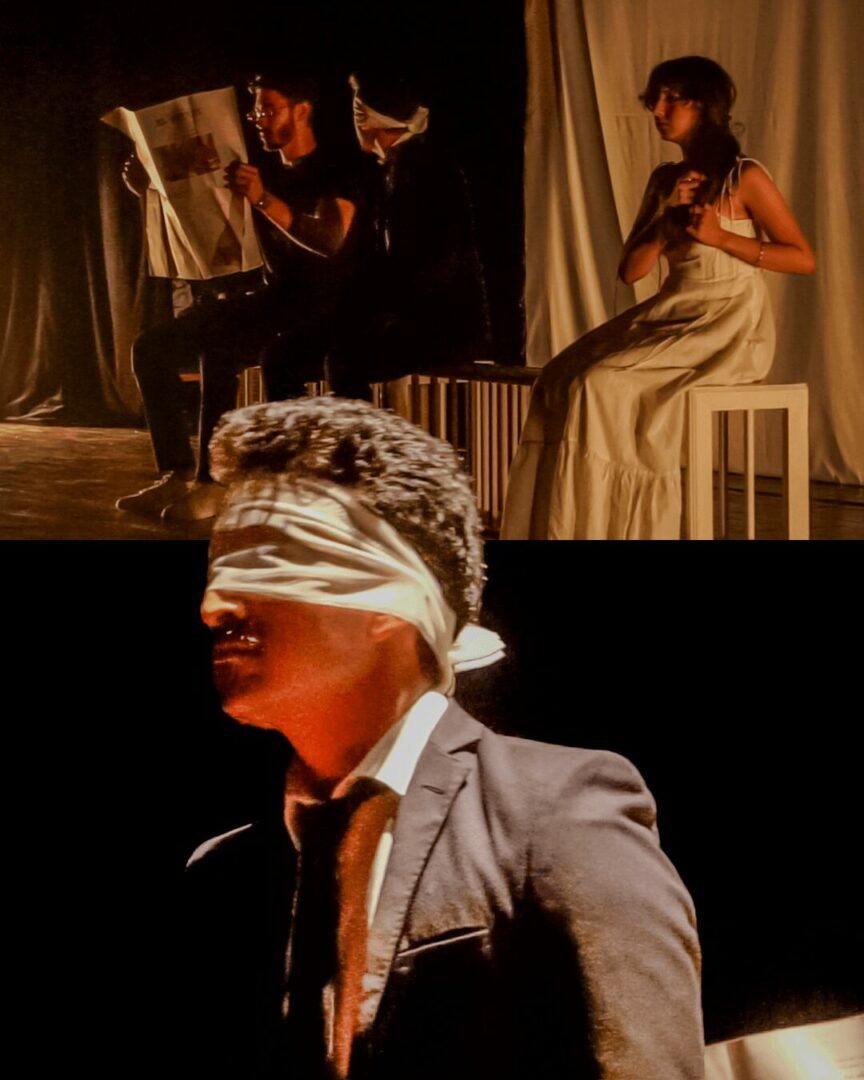
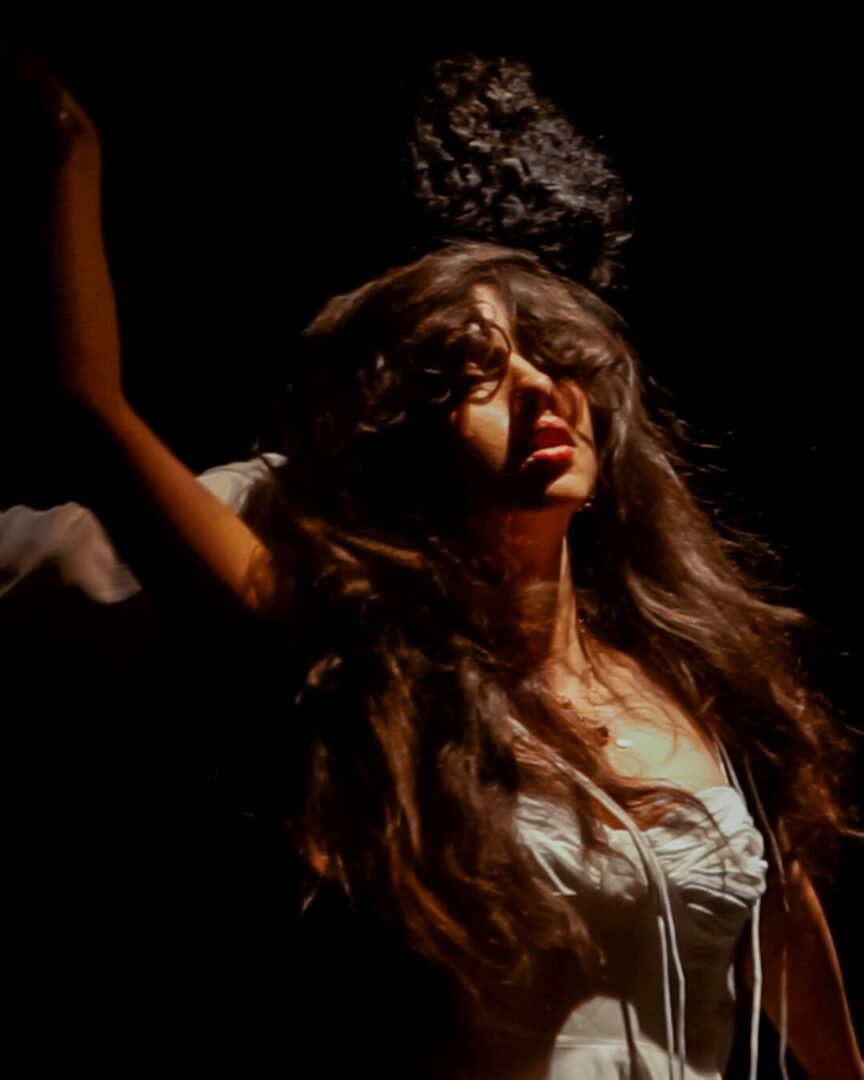
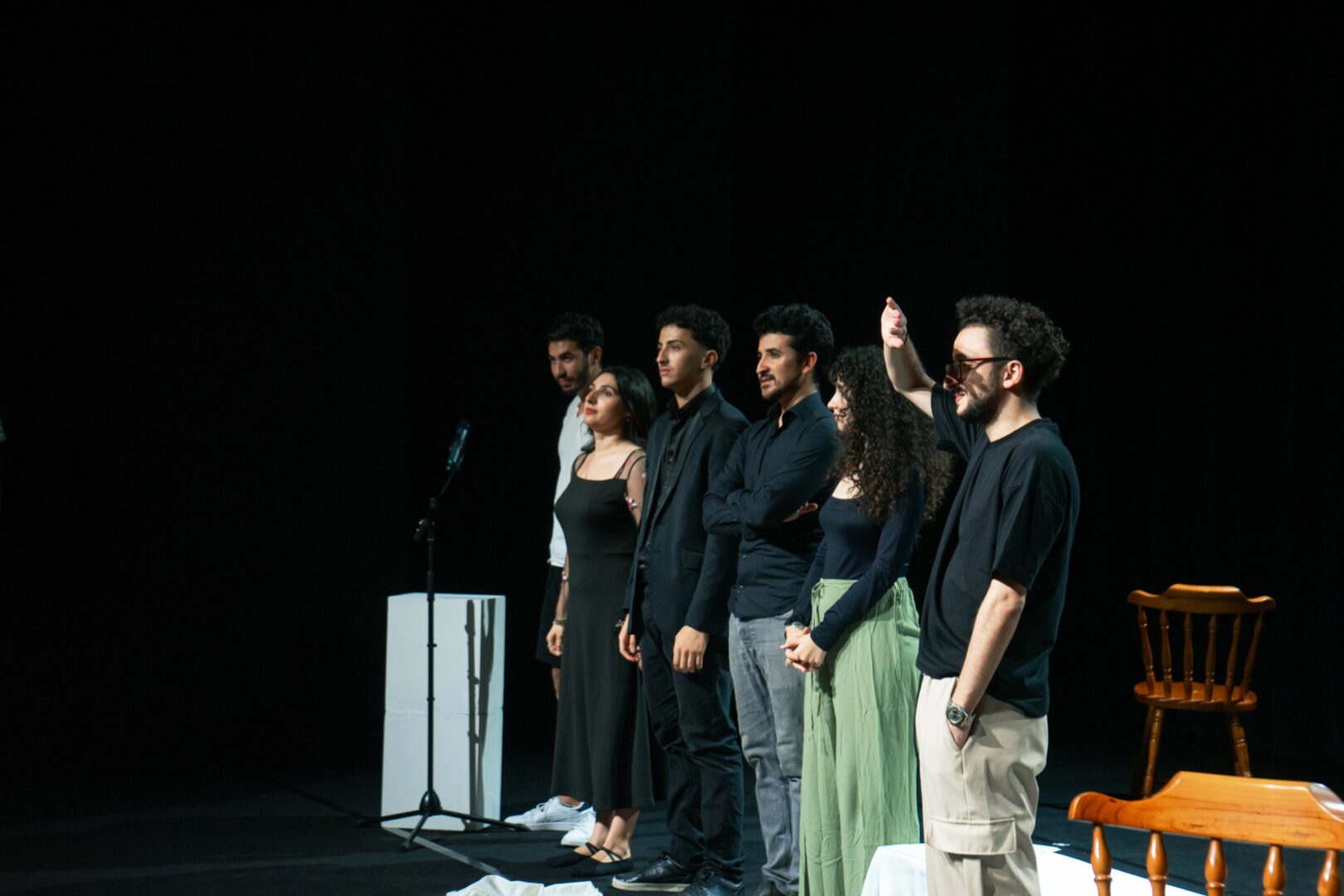
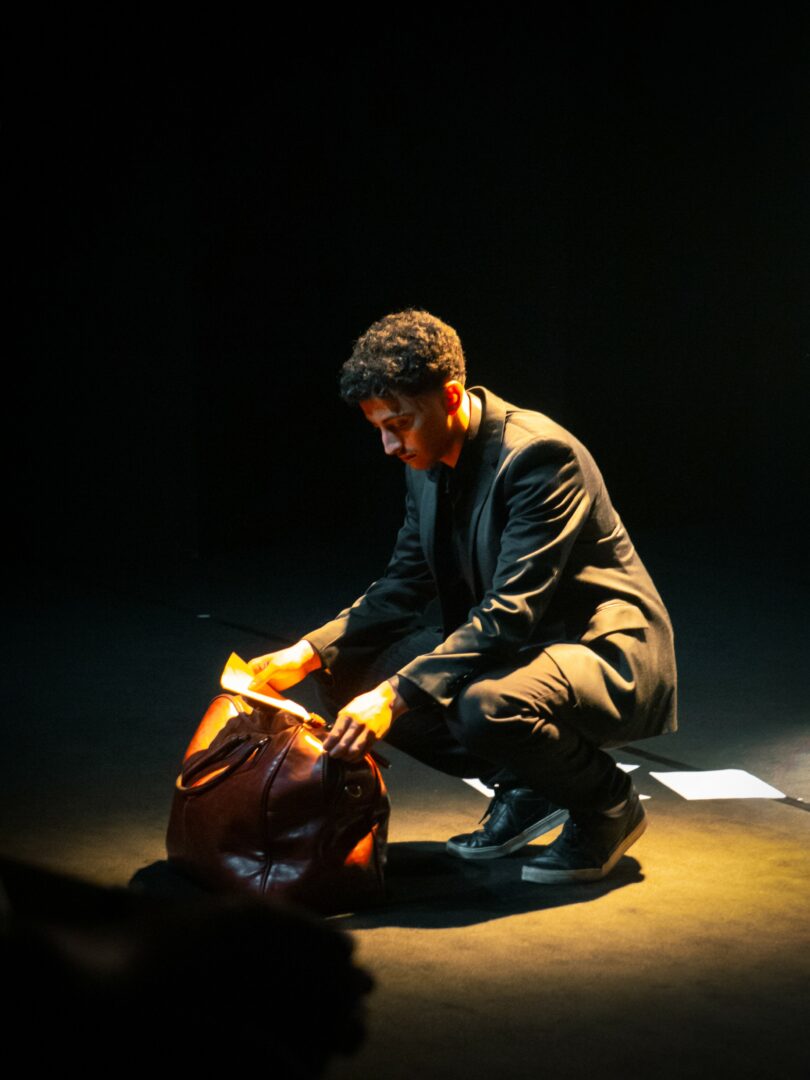
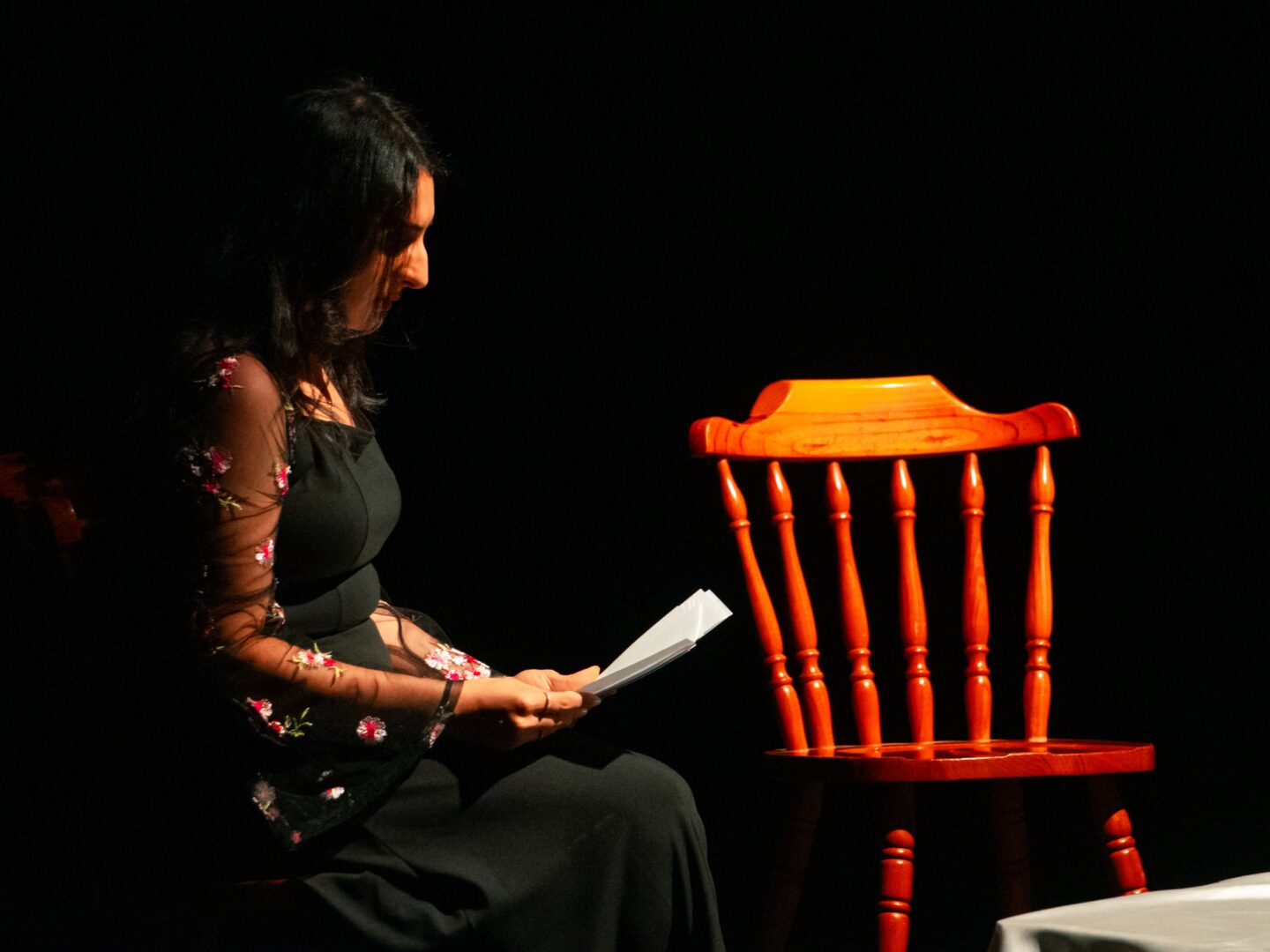
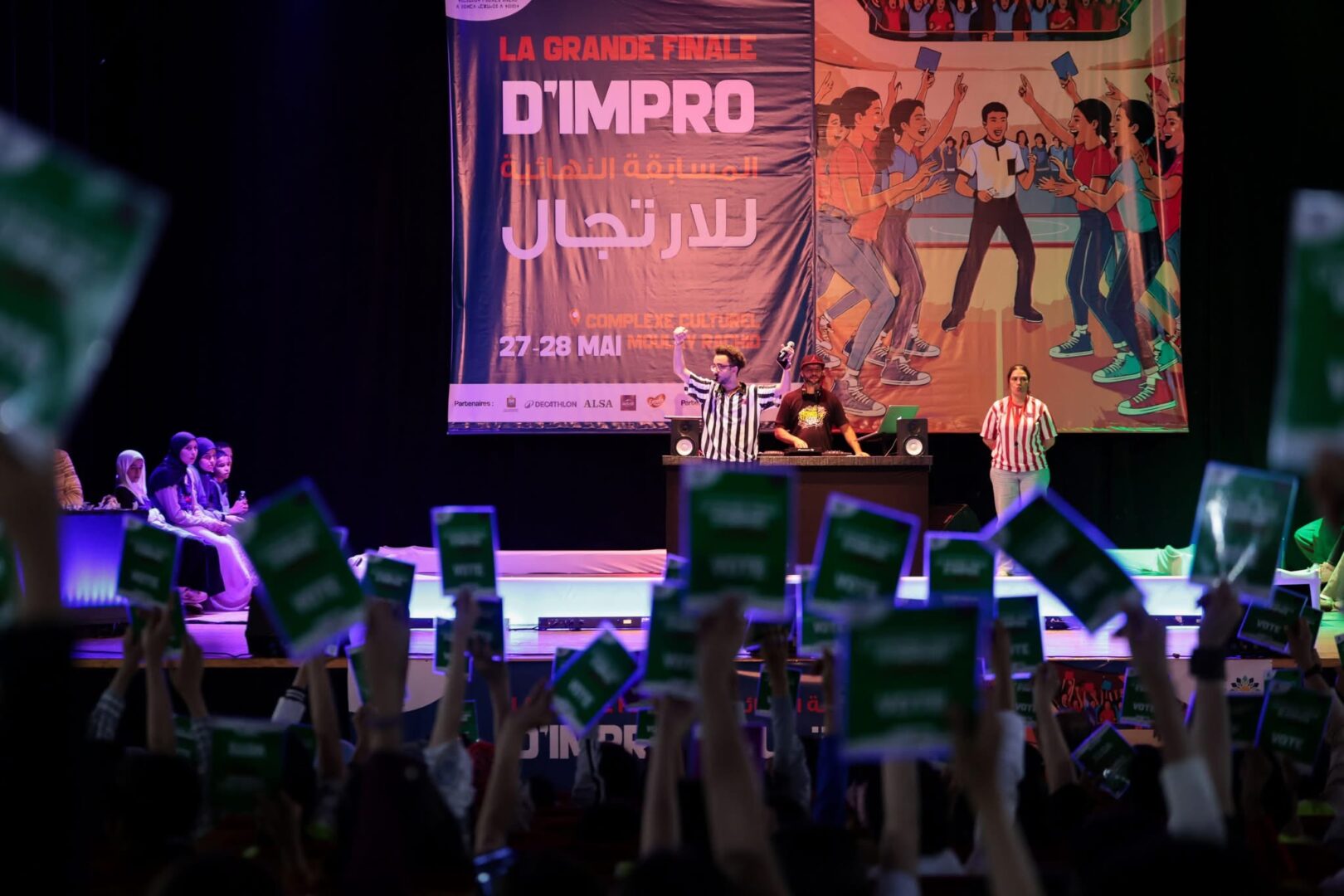
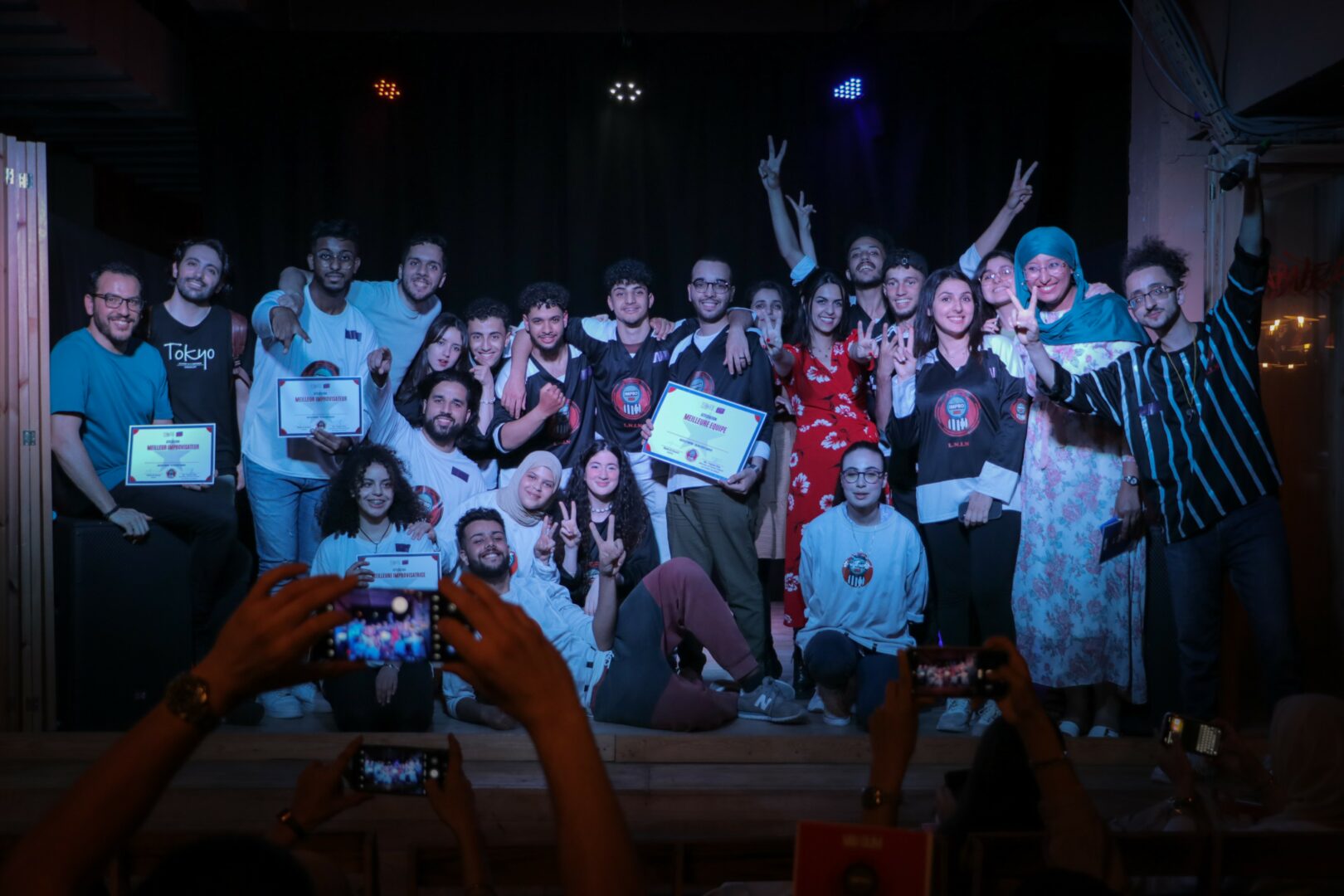
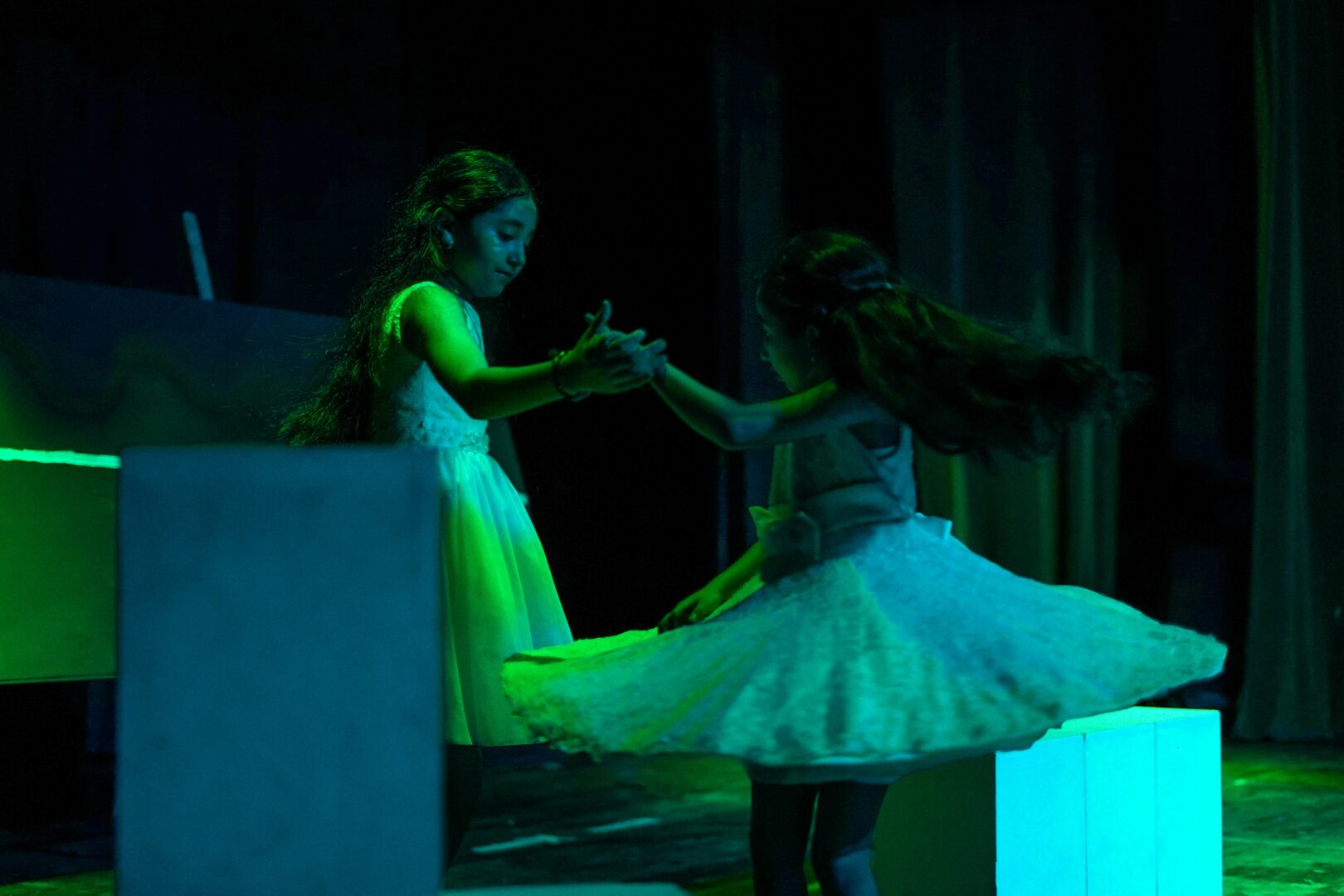
so if you or someone you know deserves recognition please let us know here.

